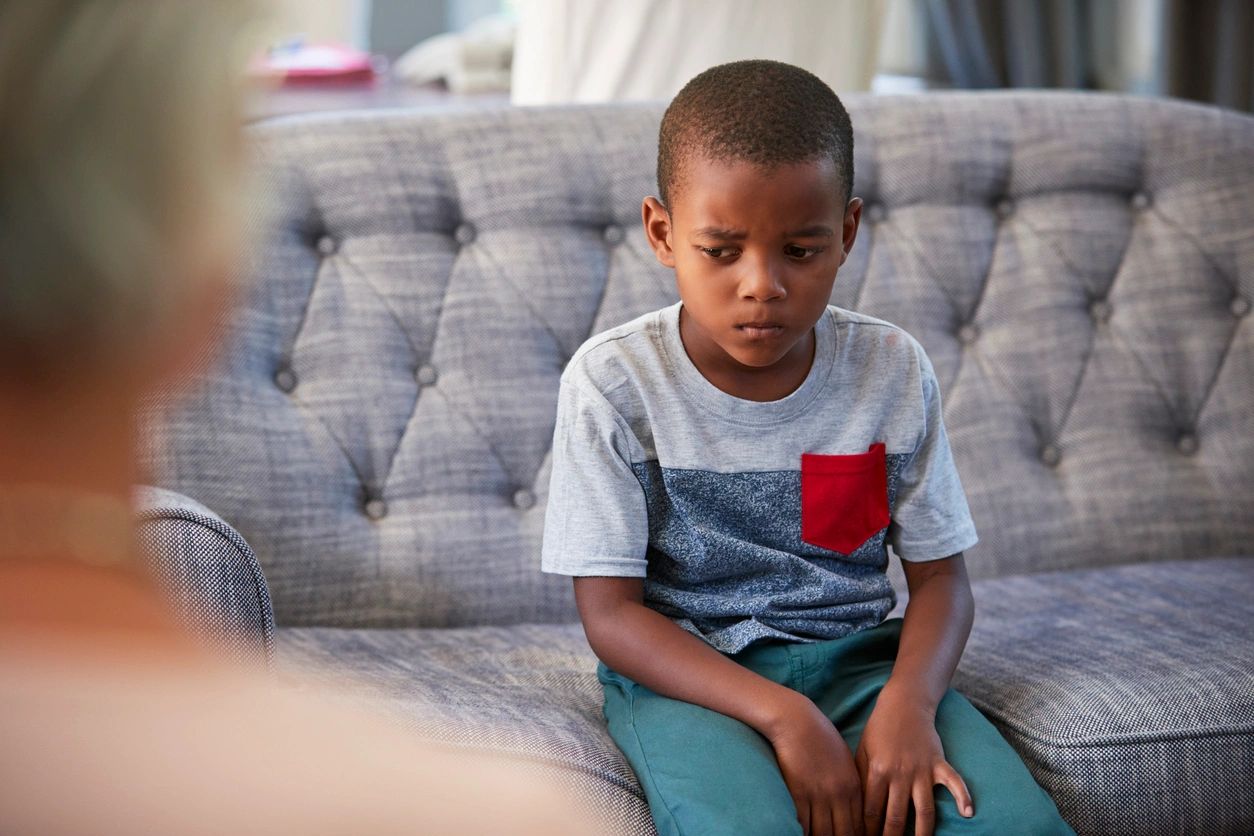Explaining death to children. This is an extremely difficult topic to broach with kids, and it’s a concept that young people can have a hard time understanding. Even for adults, dealing with death involves a wide range of emotions – confusion, anger, sadness, sometimes guilt. As a child, these emotions are even harder to navigate.
In our own community of Savannah, we have recently had several deaths of adults that were sudden in nature. One of these losses was a mother with two children. Her kids, as well as her children’s friends, neighbors, teammates, etc. have all been greatly affected. So how do we – as parents, teachers, counselors – explain death to children?
Explaining Death to Children
Our counselors went to one of the local schools this week to serve as on-site grief counselors for the students and teachers affected by the loss of the mother in our community. It was a difficult day, but a very important service to provide in helping kids (and adults) process the situation.
With children especially, there are some specific ways to speak to them about death. Knowing that they will encounter this at some point – with grandparents, someone they know who might become ill (COVID or cancer, for example), tragic accidents that happen – it is important to equip them with coping strategies.
Here are Six Ways to Nurture Resilience with Talking with Children About Death
Talk to Each Child Separately
Each child is different. Focus your conversation according to their individual needs. Let them know that you are present and available for them anytime. Let them know how much they are loved.
Check for Understanding
If a child is willing to talk, ask what they think is happening. Listen carefully to their ideas and begin by filling in the gaps or correcting wrong impressions.
Supply Information
As the situation unfolds, be as clear as possible. (Example: Daddy was really sick with [diagnosis]. The doctors are trying to help him, but they don’t know if they can.) You can give them more information as it arises.
Invite Questions
Ask if children have questions and answer them honestly. While simple answers may suffice for younger children, older children may want more detail.
Reduce Anxiety
Try to determine if a child feels responsibility or guilt over the loss. Assure the child that he or she did not cause the illness or accident. Let them know that healing from loss takes time.
Help Children Remember
In the days and months that follow, encourage children to remember the person who died. Write down their stories, make scrapbooks.
Additional Support During the Grief Process
Depending on the child and their ability to process the loss, they may need additional support. The therapists at Waters Edge Counseling are trained in grief counseling and additionally have a great deal of experience in working with children and teens.
Many adults in our community are also having a difficult time processing these losses (and others). Please reach out to us if you are in need of someone to talk to – we are here and can help you through these complex, confusing times. Call us at 912.319.5552 or email us at info@watersedgecounseling.com. Waters Edge is here to help.



